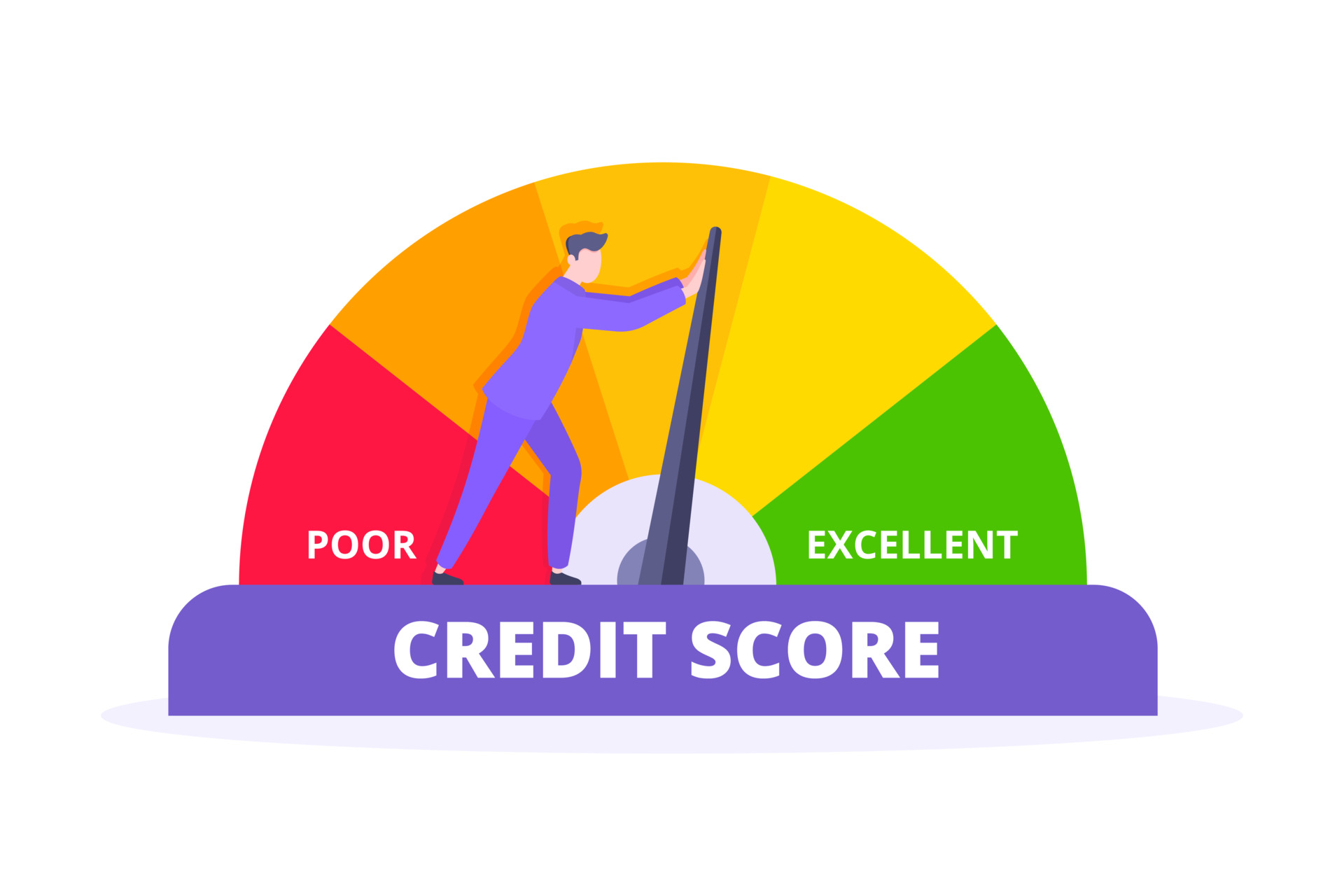What is my Credit Score

Credit scores are a crucial aspect of personal finance that can determine your ability to access credit and the interest rates you'll pay. A credit score is a numerical representation of your creditworthiness, and it is calculated based on your credit history. In this article, we'll discuss credit scores and how they affect your finances.
What is a Credit Score?
A credit score is a three-digit number that ranges from 300 to 850, and it is used by lenders to assess the risk of lending money to an individual. The higher your credit score, the more likely you are to receive credit with favorable terms and lower interest rates. Conversely, a lower credit score may result in higher interest rates and more restrictive loan terms.
Credit scores are calculated based on your credit history, which includes your payment history, outstanding debts, length of credit history, new credit accounts, and the types of credit accounts you have. The most commonly used credit scoring model is the FICO score, which is used by most lenders.
How to Improve Your Credit Score
If you have a low credit score, there are several steps you can take to improve it. The first step is to make all your payments on time. Payment history is the most important factor in calculating your credit score, so it's essential to make all your payments on time, including credit card payments, loan payments, and utility bills.
The second step is to pay down your outstanding debts. The amount of debt you owe is the second most important factor in calculating your credit score. Paying down your outstanding debts will not only improve your credit score but also reduce your financial burden.
The third step is to maintain a long credit history. The length of your credit history is also an important factor in calculating your credit score. It's best to keep your oldest credit account open and active, as this can help improve your credit score.
Finally, avoid opening too many new credit accounts. New credit accounts can lower your credit score, so it's best to limit the number of new accounts you open. Additionally, avoid applying for credit too frequently, as this can also lower your credit score.
Conclusion
Your credit score is an essential aspect of your financial health, and it can have a significant impact on your ability to access credit and the interest rates you'll pay. Improving your credit score takes time, patience, and discipline, but the rewards are worth it. By making all your payments on time, paying down your outstanding debts, maintaining a long credit history, and avoiding opening too many new credit accounts, you can improve your credit score and achieve your financial goals.

